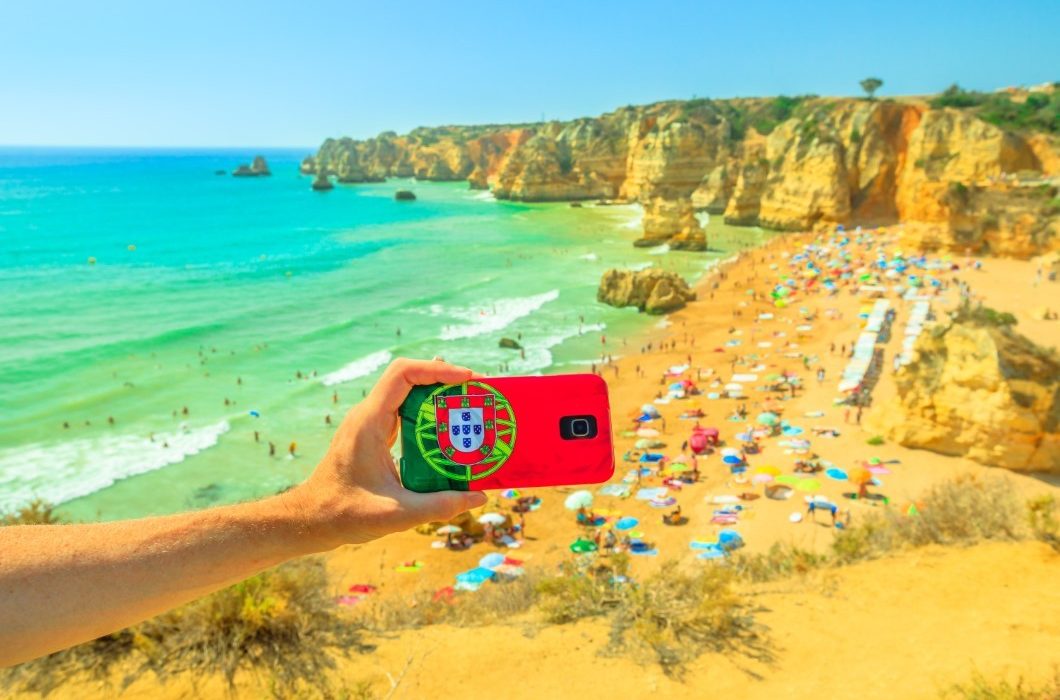
You might also like:
Portuguese government approved an “aggressive” marketing campaign for Algarve and Madeira, the destinations with a greater incidence of British tourists, to circumvent the recovery of Turkey, Tunisia and Egypt.
The government approved this week a special plan to tackle seasonality, with investments of EUR1 million, trying to “anticipate the Brexit effects on tourism in Algarve and Madeira”. The marketing campaign will unfurl itself during the low season, from October to March.
According to the Secretary of State for Tourism, Ana Mendes Godinho, this is “an aggressive plan”, whose intent is to speed up the recovery of tourism flows in Portugal, responding to the “reemerging competitors”. The biggest is Turkey, but also Tunisia or Egypt. These destinations, which had to endure unrest and terror attacks years ago, have come back stronger this year, attracting English tourists in large numbers due to their low prices.
The marketing plan now approved is focused on Algarve and Madeira, since these are “the national destinations that can suffer the most from the reemerging competitors, and where the British market has more significance”, explains the Secretary of State for Tourism.
The marketing campaign now approved for Algarve and Madeira also wants to retrieve “the lost air capacity caused by the bankruptcy of Monarch, Air Berlin and Niki, which had a relevant impact in the shorter air capacity of these two regions”.
Basically, it will encompass “actions targeting tourist operators, airline companies and online travel agencies for the low season in Algarve and Madeira”, says Ana Mendes Godinho. Altogether, there are promotion and marketing actions to be developed alongside 53 entities.
The EUR 1-million investment conducted by Turismo de Portugal will be divided into two equal parts of 500.000 for Madeira and Algarve, 70% of the total budget of this initiative, with the remainder being assumed by the regions themselves.
The markets identified as “strategic” to propel this special low season promotion in Algarve were the United Kingdom, Germany, Netherlands, Scandinavia, Ireland, Spain, Belgium, Luxembourg and France. In Madeira, the target markets are the United Kingdom, Germany, France, Netherlands, Scandinavia, Poland, Switzerland, USA, Brazil and Russia.
Tackling seasonality in tourism is one of the plan’s key objectives, despite this trend’s recent improvement. The seasonality index in Portugal, 38.7% in 2015, dropped to 36.5% in 2017. And taking the seasonality index to 33.5% is one of the goals proposed by Estratégia Turismo for 2027.
Fighting the Brexit effects is another objective. The English continue to be the main tourism niche in Portugal, representing 20.9% of the total overnight stays. The latest data from the National Statistics Institute (INE), from April, report an 8.9% drop in overnight stays from British tourists”, keeping the trend of the recent months.
In 2018, from January to April, the decline of British tourists in Portugal reached 7%, comparing to the homologous period of 2017, according to the INE.
Source: tourism-review.com
